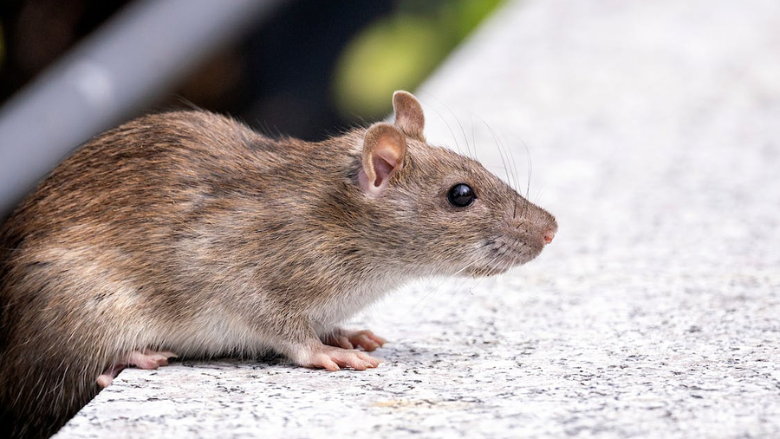In the fast-paced hospitality industry, delivering an exceptional guest experience is essential. Unfortunately, pests can undermine this effort, causing lasting damage to a hotel or restaurant's reputation. This is where smart pest devices for hospitality chains come into play, offering a fresh and innovative solution to longstanding pest challenges.
With technology at the helm of pest control, businesses can now enjoy unprecedented efficiency and precision. These state-of-the-art devices, equipped with advanced sensors and real-time monitoring capabilities, empower hospitality establishments to adopt a proactive stance, significantly boosting both guest satisfaction and operational performance.

How Smart Pest Devices Work
Smart pest devices are revolutionizing the way pests are managed. But what makes them so effective? Utilizing cutting-edge technologies such as IoT (Internet of Things), sophisticated data analytics, and mobile connectivity, these devices proficiently detect and tackle pest issues. By collecting data from various touchpoints, they provide a holistic view of the environment, facilitating timely and targeted interventions.
For further insights, check out the Rodent Control Guide which illustrates how these technologies can enhance pest management in larger facilities.
Benefits for Hospitality Chains
Enhanced Efficiency and Accuracy
Implementing smart devices drastically improves accuracy in pest management. In contrast to traditional pest control that often revolves around scheduled inspections, smart devices are in constant operation, monitoring conditions and identifying issues as they emerge. This ensures swift action can be taken, preemptively addressing problems before they affect guests.
Moreover, as discussed in automated pest control, the integration of technology reduces the likelihood of human error, maintaining a high standard of operation across all facets.
Cost-Effective Solutions
While the upfront costs associated with smart pest devices can be higher than traditional methods, the long-term savings far exceed these initial expenses. Businesses stand to save on repeated extermination treatments and mitigate potential revenue losses due to negative reviews or health violations. Continuous monitoring also means a reduced dependency on chemicals, fostering a healthier environment for both guests and staff.
Real-time Data and Analytics
The true power of these devices lies in their provision of actionable insights. Comprehensive reports enable staff to recognize patterns and target root causes instead of merely treating symptoms. Numerous studies highlight that this data-driven methodology equips businesses with the tools to establish effective pest management strategies, ensuring that past issues are less likely to resurface.
For a deeper dive into upcoming trends in pest control technology, the Pest Detection Systems article provides detailed discussions.
Challenges in Adopting Smart Devices
Although the benefits are plentiful, the transition to smart pest devices does present some hurdles. Initial installation costs can be significant, and staff will need proper training to adapt to the new systems. Like all technologies, there are inherent risks of malfunction and cybersecurity threats. However, these risks can be successfully managed with adequate setup and ongoing maintenance.
For more detailed guidance on overcoming such obstacles, professionals may refer to resources from industry experts.
The Future of Pest Control in Hospitality
The horizon looks promising for smart pest devices in hospitality chains. As technology continues to advance, we can expect even more sophisticated products that offer greater accuracy and integration. This progress will ensure not only effective containment but also the complete elimination of pest problems, paving the way for an environment thats pest-free and welcoming for guests.
The ongoing incorporation of technology into pest management is set to redefine guest experiences and raise industry benchmarks, making it an ideal time for hospitality businesses to embrace and invest in these innovations.
For additional resources on pest control techniques, Eversor's Guide offers valuable insights.

FAQs
1. What are smart pest devices?
Smart pest devices utilize advanced technology for real-time monitoring and data analytics, streamlining pest management and prevention.
2. Are these devices affordable?
Although initial costs can be substantial, they frequently lead to considerable savings compared to traditional pest management solutions and prevent revenue losses.
3. What challenges are associated with smart pest devices?
The principal challenges comprise setup costs, staff training, maintenance requirements, and the need to address potential cybersecurity issues.
This article contains affiliate links. We may earn a commission at no extra cost to you.
